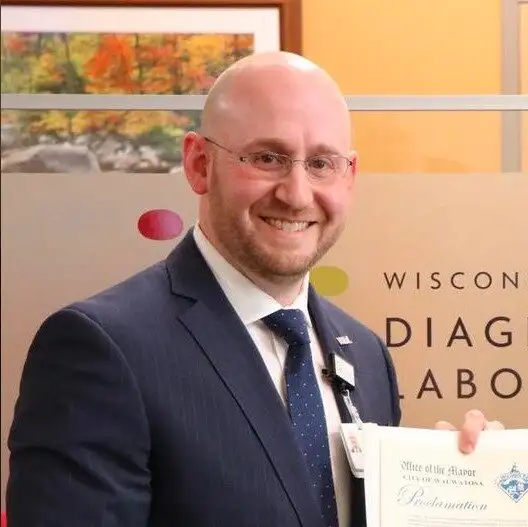Dr. Harvey Castro is a strategic advisor and AI expert at Phantom Space, where he applies his deep expertise in healthcare, AI, and technology to drive pioneering, cost-effective space solutions. Collaborating closely with the Texas Medical Association, Dr. Castro champions AI integration that keeps physicians’ needs at the forefront, bridging the gap between technological innovation and practical healthcare applications. Additionally, his role on Singapore’s Health Regulatory Advisory Panel underscores his commitment to influencing forward-thinking policies that support innovative, patient-centered care models, making him a key leader in both healthcare transformation and regulatory strategy.
Dr. Harvey Castro envisions a future in healthcare deeply integrated with AI, where technology supports proactive patient care and enhances operational efficiency. He highlights the transformative potential of AI in emergency care, patient monitoring, and diagnostics, painting a vivid picture of healthcare in 2030, where remote patient care and AI-driven insights lead to better patient outcomes.
→ AI in Emergency and Patient Monitoring: Dr. Castro shares examples of how AI could revolutionize emergency care, such as monitoring patients’ vital signs in waiting rooms to prioritize urgent cases. He emphasizes that this technology can save lives by catching critical changes early, allowing healthcare staff to focus on urgent needs.
→ Future of Remote Patient Care: With AI-enabled devices like “Help AI,” Dr. Castro envisions a future where elderly patients can be monitored remotely for early signs of health changes. He describes sensors that can detect routine disruptions or health issues, allowing caregivers to respond proactively, transforming remote care into a safer and more effective system.
→ Healthcare Innovations in 2030: Dr. Castro imagines a day in 2030 where personal health devices seamlessly alert patients and healthcare providers of potential issues, remotely initiate consultations, and even dispense necessary medication. This vision emphasizes the seamless integration of AI and healthcare for continuous patient care.
→ Patient-Centric Solutions and AI’s Double-Edged Sword: Discussing AI’s impact on patient interaction, Dr. Castro acknowledges concerns about reduced human touch in healthcare. However, he argues that AI, when strategically implemented, enhances empathy by improving care efficiency, especially when resources are limited.
→ Cutting-Edge Developments in Training and Public Speaking: Dr. Castro introduces “Speaker Plus AI,” an AI-driven tool he created to assess and enhance public speaking. This innovative approach provides feedback on speech delivery, helping individuals refine their communication skills, and is especially useful for those preparing for public speaking engagements like TED Talks.
In this engaging podcast, Dr. Harvey Castro explores the vast potential of AI in healthcare, foreseeing a future where technology enriches patient care and streamlines operational processes, reshaping healthcare into a more efficient and responsive system.
Jason explains how poor data sharing in healthcare can cause serious risks, including a near-fatal lab error. He highlights MuleSoft’s role in improving system integration and patient care. He also shares how Salesforce and IQVIA partnerships will transform healthcare data
management.

Jason James
Founder - HCPportal
Integration expert Pooja reveals that 80-85% of business use cases can be solved with MuleSoft, urging businesses to invest in integration now to avoid higher costs later. She highlights the critical need for data security in healthcare and predicts that by 2025, MuleSoft will transform data management across industries.

Pooja Kamath
MuleSoft Ambassador
Steven Serota shared how his lab performs 6 million tests annually, with a goal of reaching 15 million, despite challenges in data normalization. He emphasized the potential of AI to boost diagnostic accuracy and anticipates integrated partner networks by 2024 to improve patient.

Steven Serota
CEO - Atalan